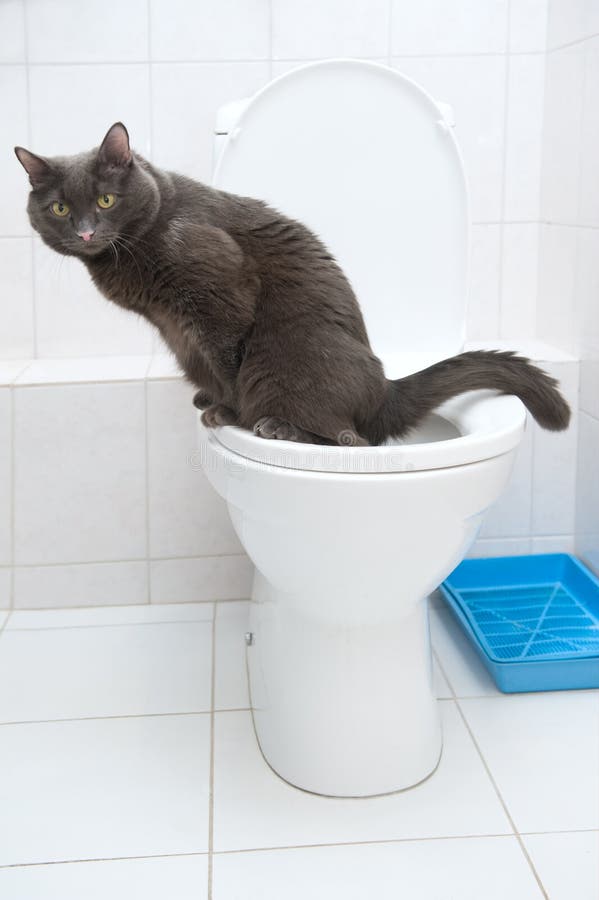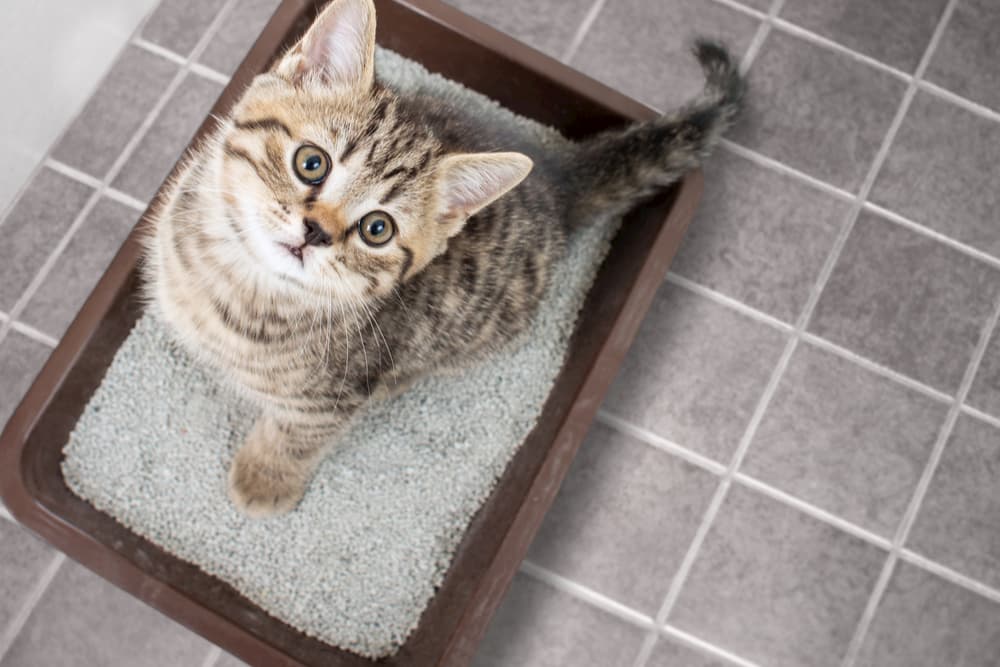My Risks of Animal Waste in the Toilet
My Risks of Animal Waste in the Toilet
Blog Article
Do you find yourself in search of critical info about Can You Flush Dog and Cat Poo Down the Toilet??

When it comes to taking care of waste, particularly animal waste, many people frequently consider the convenient option of flushing it down the toilet. Nevertheless, this seemingly simple option can have significant consequences for the environment and public health. In this article, we'll explore why flushing pet waste down the toilet is a poor concept and provide different techniques for proper disposal.
Introduction
Correct waste disposal is crucial for preserving ecological sustainability and public health. While it may seem harmless to purge animal waste down the bathroom, it can lead to various issues, both for the environment and human well-being.
Dangers of flushing pet waste
Environmental influence
Purging pet waste introduces unsafe germs and microorganisms into waterways, which can adversely affect marine ecosystems. These microorganisms can infect water sources and injury marine life, interrupting fragile ecological communities.
Public health problems
Pet waste includes harmful microorganisms such as E. coli and Salmonella, which can pose major health and wellness dangers to human beings. Purging pet waste down the toilet can infect water materials, bring about the spread of conditions and infections.
Alternatives to flushing
As opposed to flushing pet waste down the commode, there are numerous different disposal techniques that are a lot more environmentally friendly and hygienic.
Composting
Composting pet waste is an eco-friendly method to throw away it. By composting, organic matter is broken down into nutrient-rich soil, which can be utilized to fertilize gardens and plants.
Landfill disposal
Taking care of pet waste in a landfill is one more option. While not as eco-friendly as composting, it is a more secure choice to flushing, as it protects against the contamination of water sources.
Pet dog waste disposal systems
There are specific pet dog garbage disposal systems readily available that securely and hygienically dispose of pet waste. These systems typically use enzymes to break down waste and get rid of smells.
Actions to correct pet waste disposal
To guarantee proper disposal of animal waste, adhere to these steps:
Scooping and bagging waste
On a regular basis scoop and bag animal waste utilizing biodegradable bags. This avoids waste from polluting the setting.
Making use of assigned waste bins
Dispose of bagged animal waste in marked waste bins, such as garden compost containers or garbage dump containers. Stay clear of flushing it down the toilet in any way prices.
Cleaning up can and animal areas on a regular basis
Routinely tidy can and pet locations to avoid the buildup of waste and bacteria. Usage pet-safe cleaning products to maintain hygiene.
Benefits of appropriate disposal techniques
Embracing appropriate disposal techniques for pet waste offers several advantages:
Reduced environmental pollution
Appropriate disposal techniques lower the threat of environmental pollution, protecting waterways and ecosystems from contamination
Minimized threat of water contamination.
By preventing flushing pet waste down the toilet, the risk of water contamination is significantly minimized, protecting public health.
Improved cleanliness and health
Appropriate disposal techniques promote better sanitation and health, producing a safer atmosphere for both people and pets.
Final thought
In conclusion, flushing animal waste down the commode is harmful to the setting and public health. By adopting different disposal methods and adhering to appropriate waste administration practices, we can lessen the adverse effect of animal waste and contribute to a cleaner, healthier earth.
What To Do With Dog Poo – The Do's And Don'ts Of Disposing Of Faeces
Dog poo bins
Some councils provide dedicated dog waste bins in popular dog-walking areas that can take dog poo that has been bagged but you can legally dispose of dog waste in any public litter bin, as long as it is securely bagged. This also applies to your wheelie bin at home.
Do not flush
Water companies do not recommend flushing dog faeces down the toilet because certain parasites can survive the water processing treatment and are potentially harmful to humans. You should also never consider flushing dog poo that has been bagged down the toilet as the bags will not break down and instead create severe blockages in the sewage system.
In the woods
The Forestry Commission promotes a ‘stick and flick’ method for dealing with waste in the woods. This means finding a stick and using it to flick any poo from off the path so that it is out of the way of other walkers. You could also bury it as long as it is not in an area where there might be livestock.
Livestock
Parasites found in dog poo can be transmitted to livestock if they inadvertently eat infected faeces that has been left on grazing land. This could result in the death of sheep or abortion in cattle so you should always make sure you pick up your dog’s waste in fields where livestock could be present.

Routinely tidy can and pet locations to avoid the buildup of waste and bacteria. Usage pet-safe cleaning products to maintain hygiene.
Benefits of appropriate disposal techniques
Embracing appropriate disposal techniques for pet waste offers several advantages:
Reduced environmental pollution
Appropriate disposal techniques lower the threat of environmental pollution, protecting waterways and ecosystems from contamination
Minimized threat of water contamination.
By preventing flushing pet waste down the toilet, the risk of water contamination is significantly minimized, protecting public health.
Improved cleanliness and health
Appropriate disposal techniques promote better sanitation and health, producing a safer atmosphere for both people and pets.
Final thought
In conclusion, flushing animal waste down the commode is harmful to the setting and public health. By adopting different disposal methods and adhering to appropriate waste administration practices, we can lessen the adverse effect of animal waste and contribute to a cleaner, healthier earth.
What To Do With Dog Poo – The Do's And Don'ts Of Disposing Of Faeces
Dog poo bins
Some councils provide dedicated dog waste bins in popular dog-walking areas that can take dog poo that has been bagged but you can legally dispose of dog waste in any public litter bin, as long as it is securely bagged. This also applies to your wheelie bin at home.
Do not flush
Water companies do not recommend flushing dog faeces down the toilet because certain parasites can survive the water processing treatment and are potentially harmful to humans. You should also never consider flushing dog poo that has been bagged down the toilet as the bags will not break down and instead create severe blockages in the sewage system.
In the woods
The Forestry Commission promotes a ‘stick and flick’ method for dealing with waste in the woods. This means finding a stick and using it to flick any poo from off the path so that it is out of the way of other walkers. You could also bury it as long as it is not in an area where there might be livestock.
Livestock
Parasites found in dog poo can be transmitted to livestock if they inadvertently eat infected faeces that has been left on grazing land. This could result in the death of sheep or abortion in cattle so you should always make sure you pick up your dog’s waste in fields where livestock could be present.

As a devoted person who reads on 4 Reasons Why Dog Poop Cleanup is Important, I imagined sharing that section was a good idea. Are you aware of somebody else who is fascinated about the topic? Please feel free to promote it. Thank-you for your time spent reading it.
Click Here Report this page